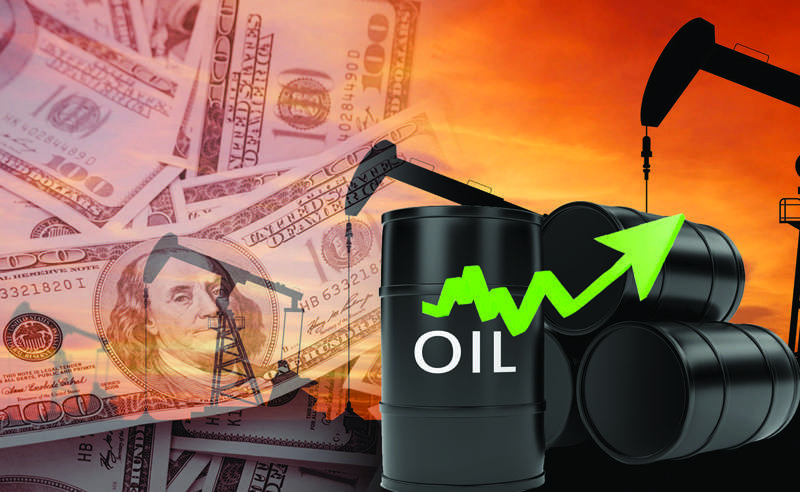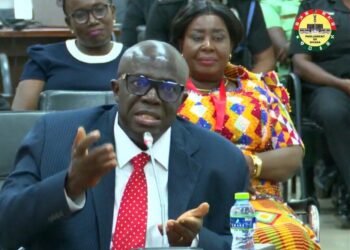The Institute for Energy Security (IES) has warned that while local fuel prices remain stable, escalating Iran-Israel tensions could drive global oil prices higher, impacting Ghana in the coming weeks.
Nana Amoasi VII, Executive Director of IES, cautioned that although Ghanaians may benefit from a brief period of stability or marginal price reductions, the relief could be short-lived if global markets continue to react negatively to the Iran-Israel conflict.
“We are going to experience some stability or a slight drop in fuel prices from today going forward.
“However, because prices have started skyrocketing on the global market, it means we must get ready for a possible hike in the next two weeks.”
Nana Amoasi VII, Executive Director of IES

Despite these concerns, Nana Amoasi VII assured the public that there would be no immediate fuel price increases due to the current pricing window, which remains in effect until the end of the month.
“Currently, we do not expect to see any price increases on the domestic market.
“Prices determined over the last two weeks remain in effect today.”
Nana Amoasi VII, Executive Director of IES
He noted that while local pricing formulas are somewhat shielded from sudden shocks due to the bi-weekly pricing mechanism and inventory buffers, persistent global volatility could break that resilience if the conflict escalates.
Global Prices Lag in Local Markets

The Chamber of Oil Marketing Companies (COMAC) has echoed similar sentiments. According to Dr. Riverson Oppong, CEO of COMAC, the Ghanaian fuel pricing system is designed in such a way that it does not reflect international price shocks immediately.
“Despite fuel prices going up over the weekend because of the Iranian-Israeli war, you realize that our forecast does not in any way capture those movements.
“This is why when fuel prices are going up internationally, we don’t see the effect immediately at the pump.”
Dr. Riverson Oppong, CEO of COMAC
He clarified that most Oil Marketing Companies (OMCs) in Ghana are still selling fuel procured in the last pricing cycle, often at locked-in rates or through pre-negotiated contracts.
“For this week, we are going to have cool prices at the pump level because we are going to sell old stocks.
“Some OMCs have already paid for these products or signed commercial agreements that predate the current price hike.”
Dr. Riverson Oppong, CEO of COMAC
He also reminded consumers that the same delay applies when global prices fall, a factor often misunderstood by the public.

The global oil market has been shaken by renewed hostilities in the Middle East, a region responsible for nearly one-third of the world’s crude oil supply.
Following Israel’s military strikes on Iranian targets—including uranium facilities and missile factories—Iran responded with drone and missile attacks.
These developments have caused oil prices to spike, with Brent crude surging by more than 7% and WTI rising by over 8% in the weekend trading.
While there is cautious optimism that diplomatic negotiations could de-escalate the crisis, analysts warn that a prolonged conflict—especially if it leads to disruptions in the Strait of Hormuz—could have catastrophic effects on global supply chains.
The Ministry of Energy and the National Petroleum Authority (NPA) are said to be monitoring the situation closely. While no new pricing interventions have been announced, officials have hinted at potential support measures if global crude prices continue their upward climb.
In the meantime, Ghanaian consumers can expect a brief window of relief at the pump—but should prepare for a likely upward adjustment in fuel prices when the next pricing window opens in July.
As Ghanaians enjoy stable prices at the pump for now, all eyes are on the Middle East—and local policymakers—to determine whether this calm will hold or if higher fuel costs are just around the corner.
READ ALSO: Cedi to Remain Stable Against Major Currencies- Finance Minister Assures Ghanaians



















